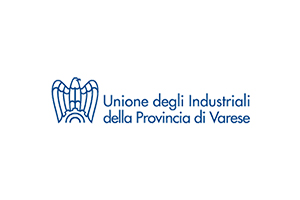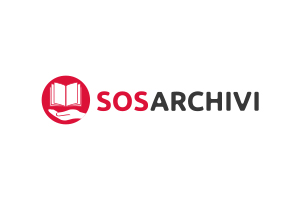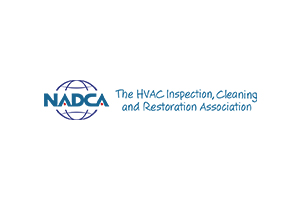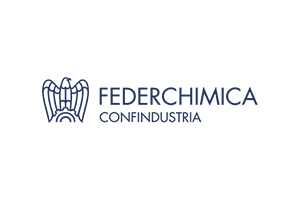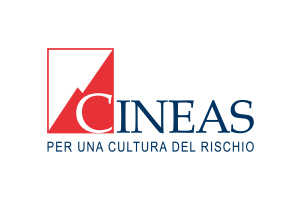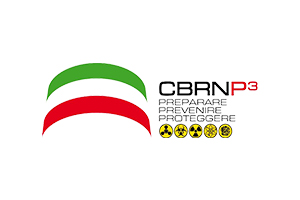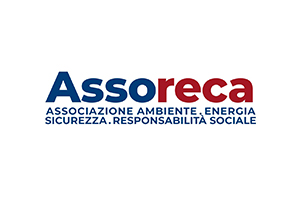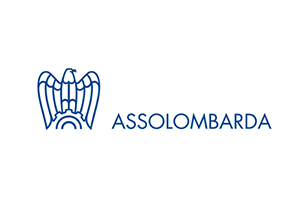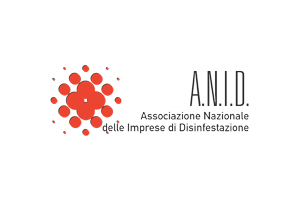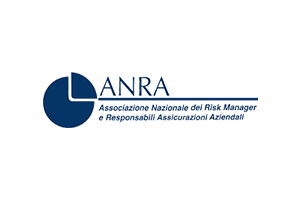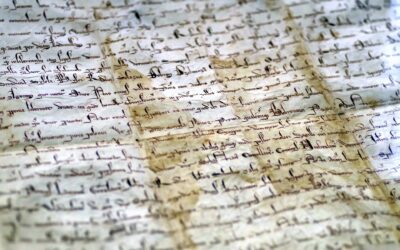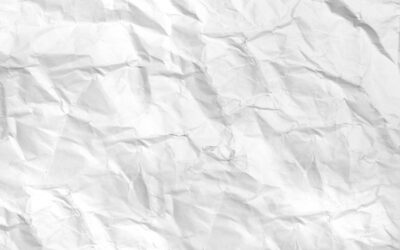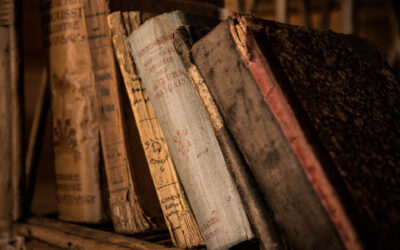 Archive, paper and document recovery
Archive, paper and document recovery
first aid 24/7
In case of documents, books or paper material affected by damages caused by humidity, water, fire, collapses or pathogens, Prodoc carries out drying, restoration and recovery interventions.
TOLL-FREE NUMBER: 800.001.001
 First Aid 24/7
First Aid 24/7
Intervention request form
 What can we do for you
What can we do for you
We intervene to recover and restore paper and digital archives, libraries and all paper and parchment material with state-of-the-art systems and processes.
Freeze drying
A system that reduces the drying time of paper by 75%
DISINFECTION
Our solutions to stop microbial attacks and molds
PEST CONTROL
Our systems protect you from damage by insects and rodents.
DUST REMOVAL
A mandatory operation prior to all restoration interventions.
STORAGE MATERIALS
We use certified containers for the conservation of paper material
BIOLOGICAL ANALYSIS
Microbiological analysis to identify the agents responsible for the attacks
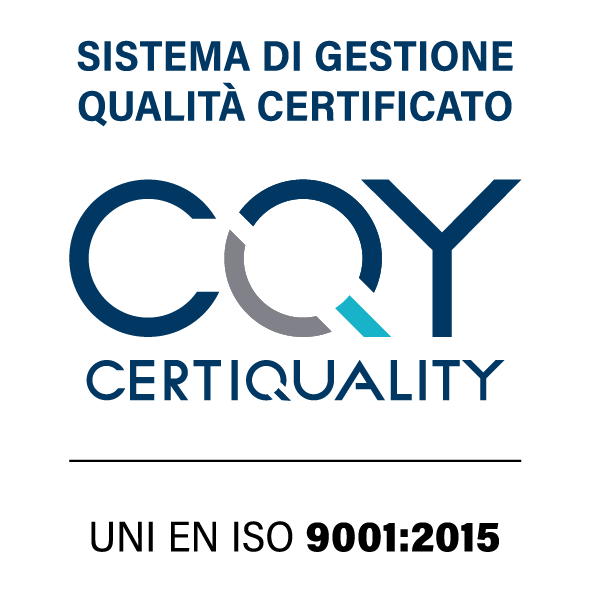
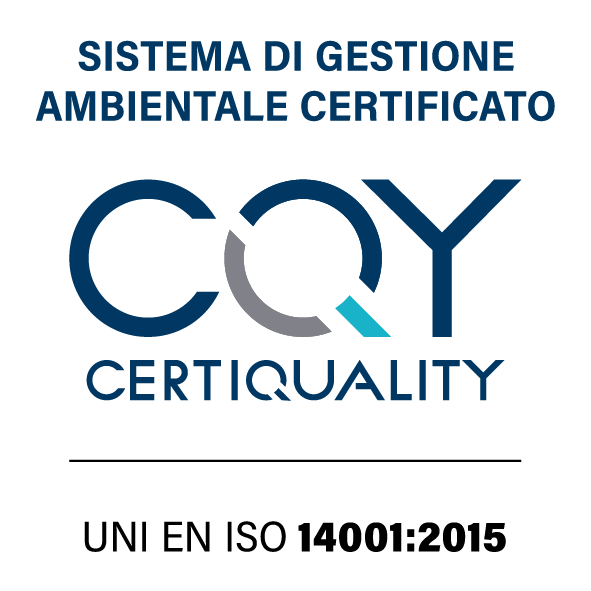
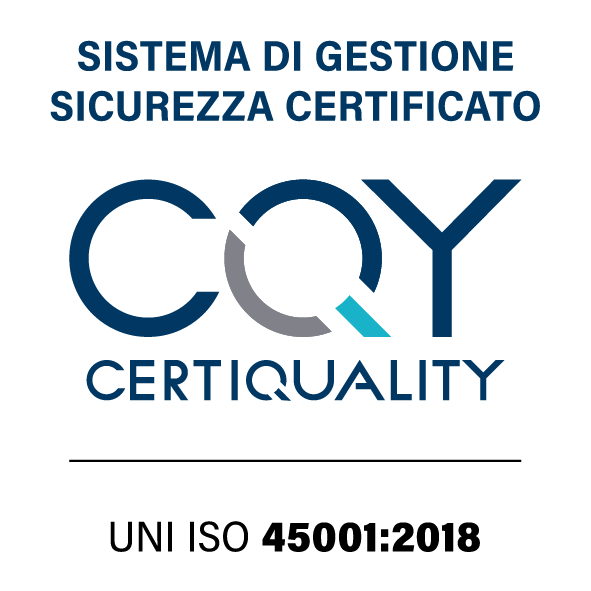
 When we do intervene
When we do intervene
Prodoc has an emergency team for rescue and restoration of archives, documents, books, paper material and other cultural assets following catastrophic events of any entity, both anthropogenic and natural.
 Ask an expert
Ask an expert
 Wet documents or books?
Wet documents or books?
The first 48 hours are crucial
Here’s what happens to paper material when it comes in contact with water. Timely intervention is essential to stop weed processes and chemical and mechanical damage.
Weight and volume gain
The materials that make up the books and archival documents are hygroscopic and thermolabile: when attacked by water they increase in weight and volume. Ancient books up to 80%, modern books up to 60%.
Differentiated reactions
The various types of material react differently to water and humidity in general: the leather of the covers shrinks and darkens while the papers usually increase in volume.
Chemical and biological damage
As a result of the action of water, the damage is of a chemical type, therefore washing away of inks and stamps, and compacting of the papers, especially the coated ones. Biological damage is linked to the attack of materials by microorganisms.
Mechanical damage
To the chemical and biological damages it is necessary to add the possible mechanical damages deriving from the falling of the volumes from the boxes.
Any other question?
 Partnerships
Partnerships
 Our blog
Our blog
news about restoration and rescue
How is parchment made?
Parchment is a writing medium obtained through the processing and tanning of animal skins, mainly sheep, goat and calf; is a support known since the ancient Egyptians, examples have been found dating back to 1000 BC. at the XX dynasty. Although it is usually...
The characteristics of paper
Paper is the material usually present in larger quantities in an archive. There are many types of paper, depending on the materials and processes used for its manufacture, the inks that were used, the historical period of production, and other characteristics. In...
Emergency in archives: biological degradation agents
Biological degradation is mainly determined by the microbiological attack of fungi, bacteria, molds, and by the infestation of insects and rodents inside the storage rooms and the material itself, and is triggered by certain favorable environmental conditions. Fungal...






